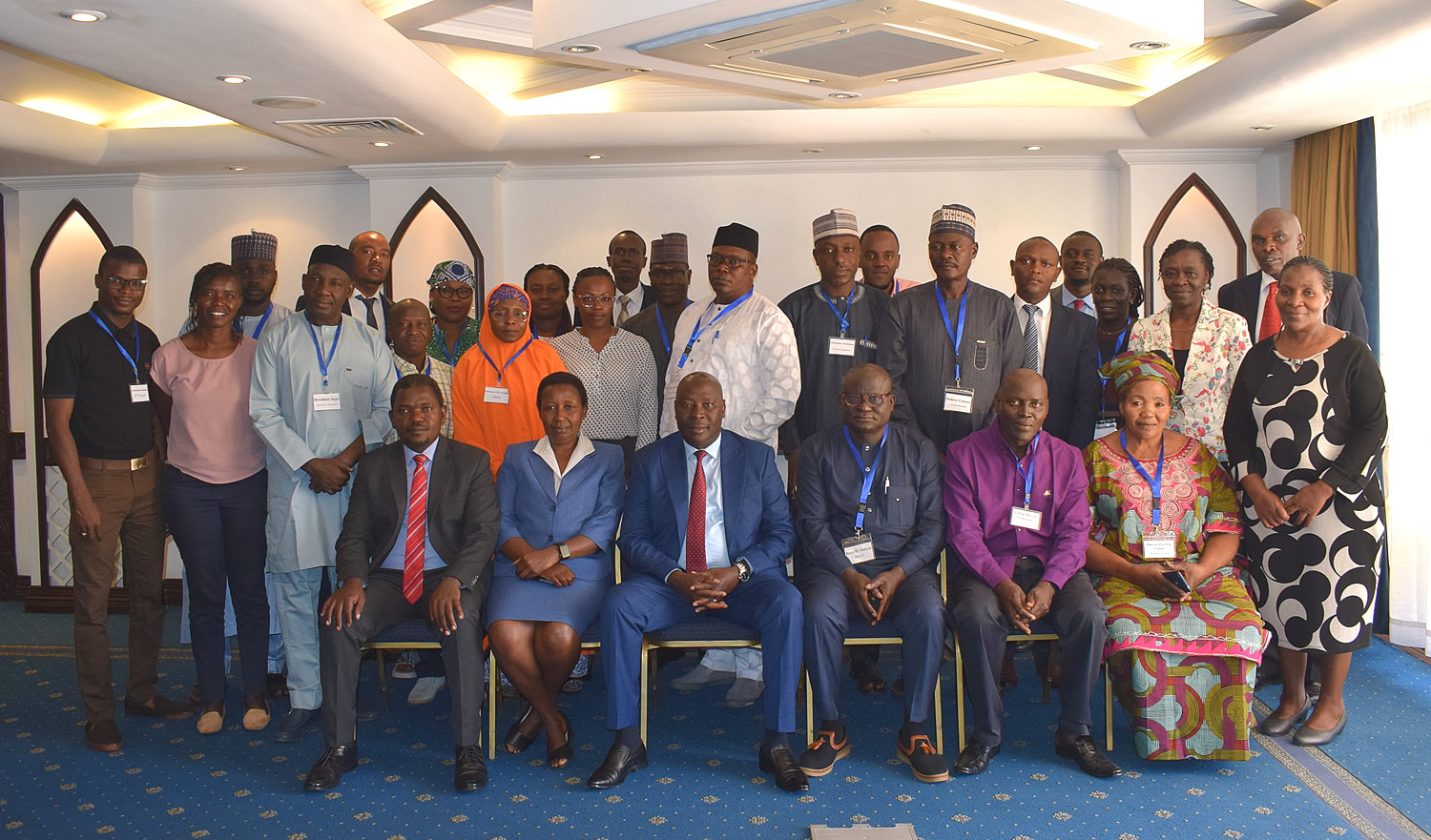Gombe State-Nigeria in Benchmarking Tour of Kenya’s Enhanced Single Registry
A 21-person high level social protection team from Gombe State, Nigeria has visited Kenya for a benchmarking tour of the Enhanced Single Registry (ESR).
The National Social Protection Secretariat (NSPS) hosted the delegates on the five-day study tour that is taking place between January 15-20, 2023.
The visit is a mark of confidence for the ESR, a data bank of current and potential beneficiaries of the Government’s cash transfer programmes.
The registry is being built under the World Bank-funded Kenya Social and Economic Inclusion Project (KSEIP).
Opening the benchmarking conference at a Nairobi hotel, State Department for Social Protection and Senior Citizens Affairs Principal Secretary Joseph M. Motari said the ESR was a key component for enhancing delivery of social protection systems in Kenya.
“Over the last two years of the ESR development, certainly, much has been learnt that my technical team will share with you on the use of the ESR in supporting identification of beneficiaries for the different social protection interventions that we are implementing in Kenya,’’ the PS said
The tour was informed by the fact that Kenya’s social protection sector remains vibrant in the region and presents lessons that other countries can learn from to advance their systems.
During the visit, Kenya would share and exchange knowledge on the ESR and social protection interventions with a focus on the use of social registries as a primary tool for identification of beneficiaries.
The visitors shared that a single registry existed in Gombe State, but several challenges undermined its reliability in providing up-to-date data of vulnerable households that can benefit from social protection interventions.
Gombe State’s Senior Lead Livelihood official Jidda David Gelengi said: “Existing data on the single registry is outdated, making it difficult to find up-to-to-date information on beneficiaries.”
He cited lack of data on specific categories of beneficiaries, political interference and duplication of data of beneficiaries as among other challenges affecting the Gombe State’s social protection systems.
“The registry doesn’t cover all the categories that we target in our programmes such as those in fishing,’’ Mr Gelengi said.
During the tour, NSPS Assistant Director Stephanie Bitengo explained how the ESR works and shared some of the best practices in the implementation of KSEIP and ESR that the Nigerian team could benchmark to improve the Gombe State’s single registry.
‘‘We are in the process of building the Enhanced Single Registry. We are in the process of telling ourselves we must be able to sustain the project beyond the World Bank’s support. We must be able to update the registry so that useful data is easily accessible,’’ she said.
Ms Bitengo also said the ESR was instrumental in ensuring that the Government introduces recurrent expenditure to finance the roll-out and update of the data.
‘‘We have the current push to have some resources allocated for the registry,” she said.
The registry is a central useful tool for stakeholders to roll out their programmes, which means they can be able to apportion resources to support how they are going to access the different beneficiaries they are supporting.
To ensure data on the registry is updated, Ms Bitengo said the NSPS was trying to roll-out a strategy of collecting data and registering households within a period of four years.
“We are also exploring how citizens can responsibly update their data on the registry,’ she said adding the process will require a lot of sensitisation and honesty on the citizen’s part.
Since 2005, the Government of Kenya continues to implement several interventions aimed at cushioning and improving the lives of the poor and vulnerable.
The most notable intervention is the Inua Jamii under the National Safety Net Programme.
The Kenya Social and Economic Inclusion Project aims to strengthen social protection delivery systems for enhanced access to social and economic inclusion services and shock-responsive safety nets for poor and vulnerable households.
The benchmark study tour is between the Kenya Social and Economic Inclusion Project (KSEIP) and Gombe State-Nigeria Inclusive Basic Service Delivery and Livelihood Empowerment Integrated Program (IBSDLEIP).
